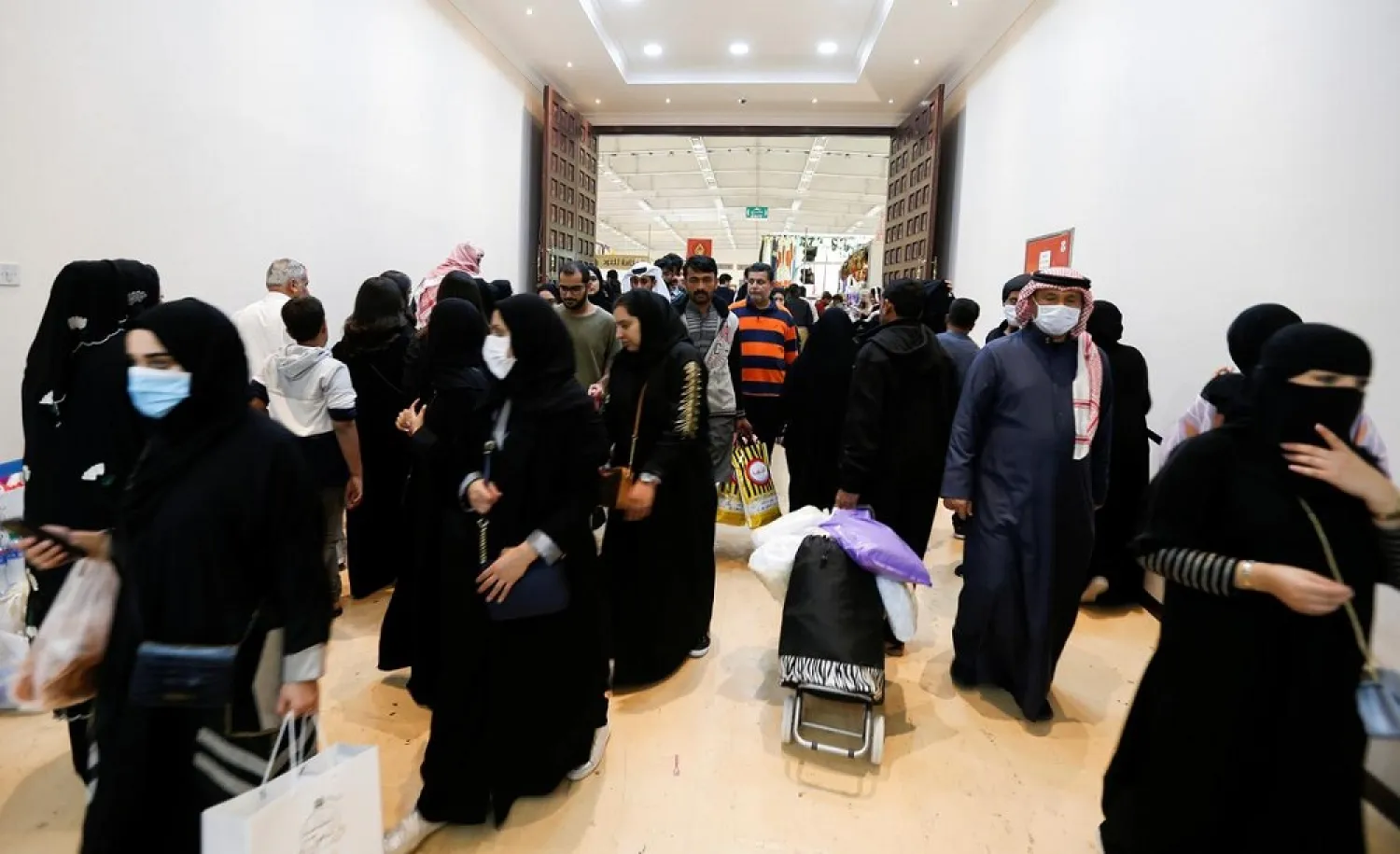Bahrain’s Minister of Industry, Commerce and Tourism Zayed bin Rashid al-Zayani welcomed all global and regional investments in his country.
Zayani met Sunday with the CEO and Managing Director of El-Sewedy Electric, Ahmed el-Suwaidi, in the presence of Egypt's ambassador to Bahrain Yasser Shaaban, and a number of company officials.
Zayani said that the government welcomes all businessmen and regional and global investments aimed at establishing various projects in Bahrain that would improve the national economy and enhance the role and image of the Kingdom as a trade and investment hub.
He pointed out that his country possesses a suitable investment environment, especially in light of the great facilities provided by the government to all national and foreign investors.
During the meeting, Zayani reviewed the bilateral relations between Bahrain and Egypt and the means to enhance cooperation in the economic, industrial and tourism fields. They also discussed all issues of common concern.
Bahrain’s economy contracted by 8.9 percent year on year in the second quarter as the state suffered from restrictions to contain the coronavirus.
Hotel and restaurant activity declined by 61.3 percent compared to the same period a year earlier.
“This is mainly due to the widespread restrictions imposed on tourists, hotels and restaurants and other related economic activities in the country due to the COVID-19 pandemic,” the government said in a statement.
Bahrain’s oil sector is expected to grow 3.2 percent, while the non-oil sector declined 11.5 percent.
S&P Global Ratings said Bahrain’s real GDP could contract by 5 percent this year, due to the pandemic and the impact of lower oil prices on consumption and investment activities.
However, the agency did not expect its oil and gas sector to decline because Bahrain is a small producer and is not subject to OPEC production cuts.
Bahrain was bailed out in 2018 with a $10 billion aid package from Gulf neighbors to avoid a credit crunch.
The International Monetary Fund (IMF) expects Bahrain’s fiscal deficit to jump to 15.7 percent of the gdp this year from 10.6 percent in 2019.









